
About the poet: Seamus Justin Heaney was an Irish poet, playwright, translator, and lecturer. He received the 1995 Nobel Prize in Literature. Heaney was a professor at Harvard from 1981 to 1997 and also its Poet in Residence from 1988 to 2006. Between 1989 and 1994, he was also the Professor of Poetry at Oxford and, in 1996, was made a Commandeur de l’Ordre des Arts… Continue reading Summary of Follower by Seamus Heaney: 2022

General, your Tank is a Powerful Vehicle: Critical Analysis “General, your tank is a Powerful Vehicle” was written in the third decade of the twentieth century, during the Interwar Period. This period of human history is known as the Interwar Period because it occurred between the First World War (that stretched from 1914 to 1918)… Continue reading General, your Tank is a Powerful Vehicle: Critical Analysis: 2023

About the poet: Bertolt Brecht was a German poet, playwright, and theatre director. Berliner Ensemble – the post-war theatre company – was started by Brecht and his wife, long-time collaborator and actress Helene Weigel. Brecht was born on 10th February 1898 in Augsburg, Bavaria. He was born as Eugen Berthold Friedrich Brecht. Brecht’s mother was a devout Protestant while his father was a Catholic (who had nevertheless been… Continue reading Summary of General, your Tank is a Powerful Vehicle by Bertolt Brecht: 2022
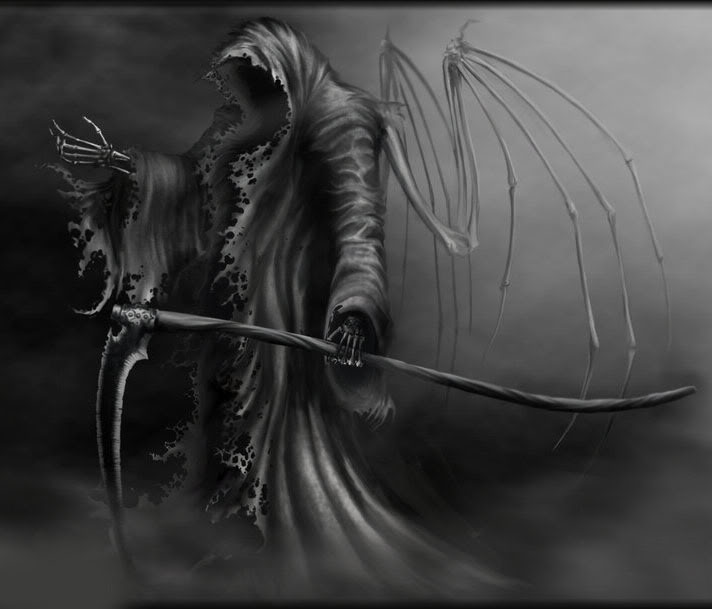
The well-known lyric, “Death the Leveller,” also known by its first line as “The Glories of our Blood and State,” appears at the very end of James Shirley’s play entitled The Contention of Ajax and Ulysses for the Armour of Achilles, which was printed in the year 1659. About the Poet: James Shirley (also spelled… Continue reading Death the Leveller: Summary and Analysis: 2023
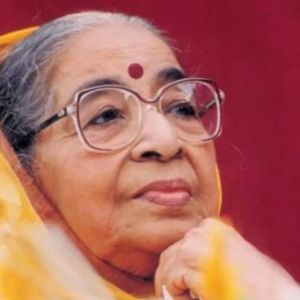
Critical Analysis of Even Past Fifty: It is well known that Shanta Shelke has often written about the lives of Indian women. If the protagonist of “Even Past Fifty” is seen to be a representative of all middle-aged Indian women (as we have previously said), then this poem is both a praise and a critique… Continue reading Analysis, Central Idea and Theme of Even Past Fifty: 2022
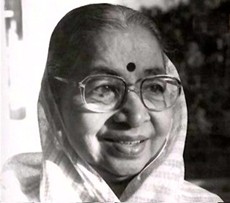
“Even Past Fifty” by Shanta Shelke was a part of her collection of poetry entitled Gondan (Marathi for “tattooing”), which was published in the year 1975. This poem was originally written in Marathi, and it was translated into English by the noted Indian author Vilas Sarang. This poem is written in the first person. Hence,… Continue reading Summary of Even Past Fifty by Shanta Shelke: 2022

Critical Analysis of Elegy for Jane: This poem reads like a eulogy that is read out at a funeral. This is most evident in the loving detail with which the poet upholds Jane’s character for his readers to see. However, it is not a eulogy. It is less formal, and the poet is alone at… Continue reading Analysis, Central Idea and Theme of Elegy for Jane: 2022

About the poet: Theodore Huebner Roethke was an American poet. He has published several volumes of award-winning and critically acclaimed poetry. Roethke’s work is characterized by its introspection, and its use of rhythm and natural imagery. He was awarded the Pulitzer Prize for Poetry in 1954 for his book, The Waking, and he won the annual National Book Award for Poetry twice… Continue reading Summary of Elegy for Jane by Theodore Roethke: 2022
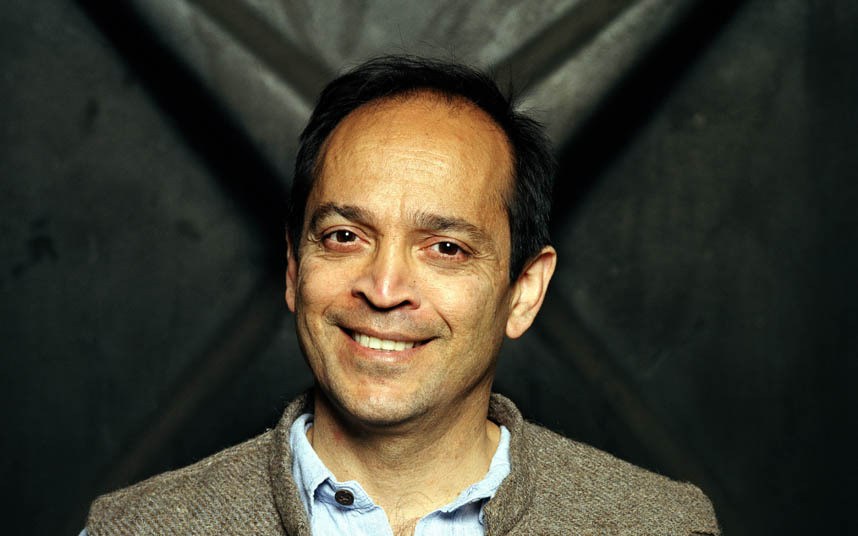
Critical Analysis A Doctor’s Journal Entry for August 6, 1945: In this poem, the poet describes the scene after the atomic explosion of Hiroshima very vividly. The fact that it is written in the first person makes the account seem both immediate and authentic. What is most significant is how the people of the town… Continue reading Critical Analysis, Central Idea and Theme of A Doctor’s Journal Entry for August 6, 1945: 2022
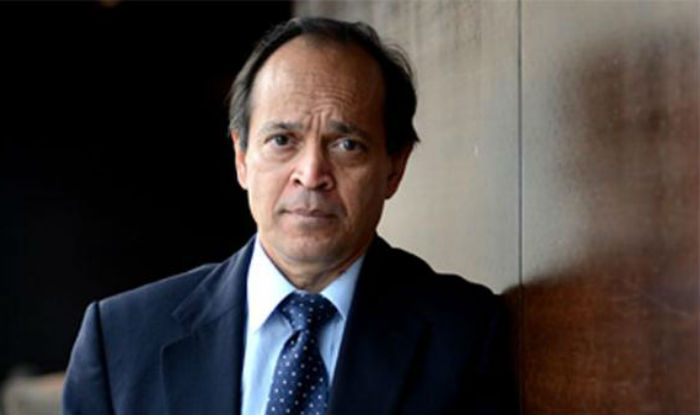
A Doctor’s Journal Entry for August 6, 1945, is a poem about the atomic bombings of Hiroshima (on 6th August 1945) and Nagasaki (on 9th August 1945), the only use of nuclear weapons for warfare in history. That makes it an anti-war poem. This poem was published in 1990 in the first issue of Volume… Continue reading Line by Line Summary and Explanation of A Doctor’s Journal Entry for August 6, 1945: 2022





